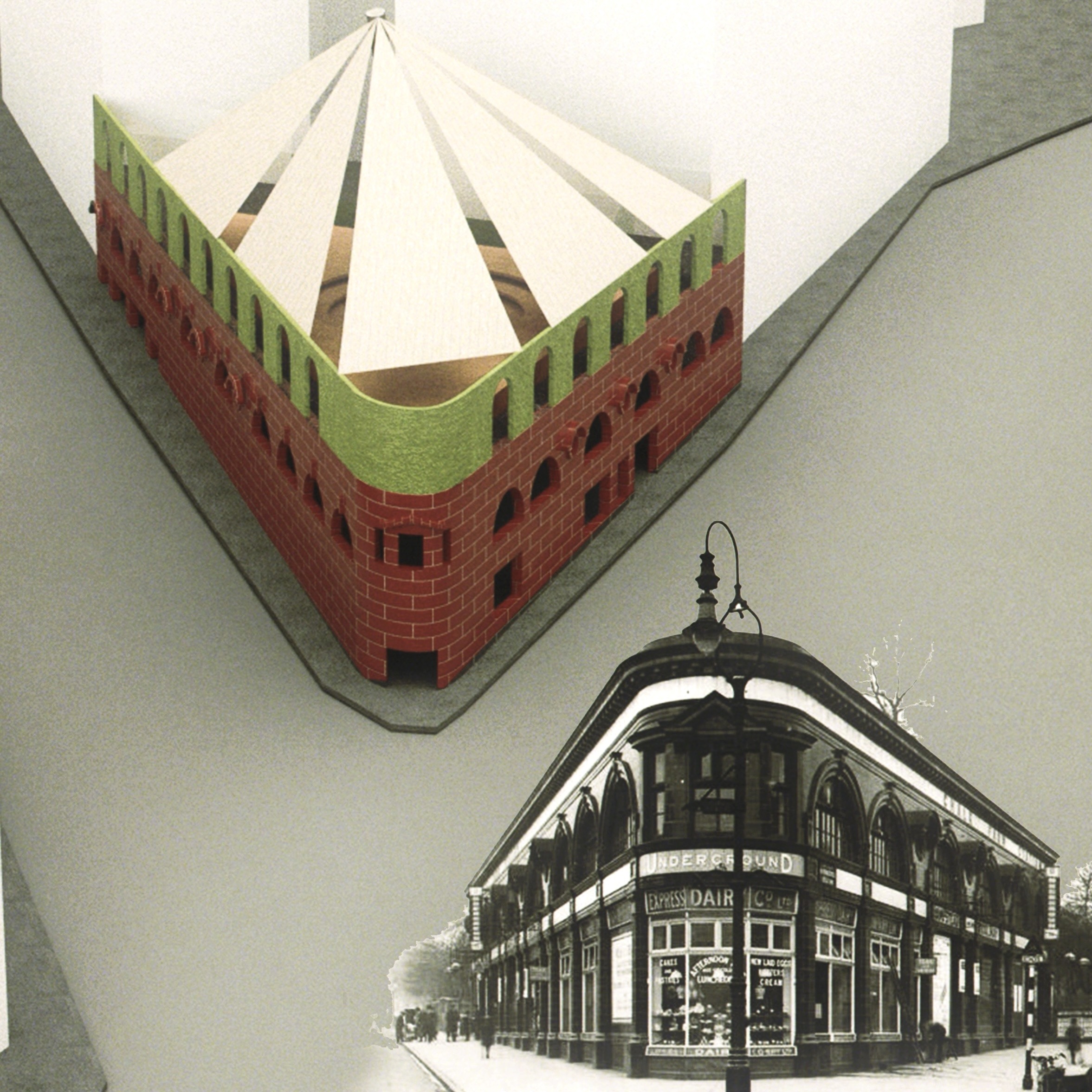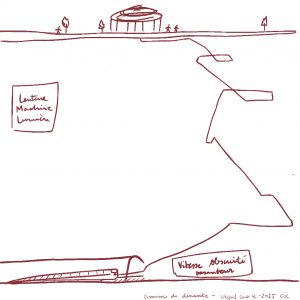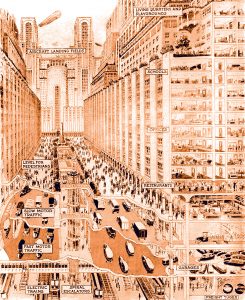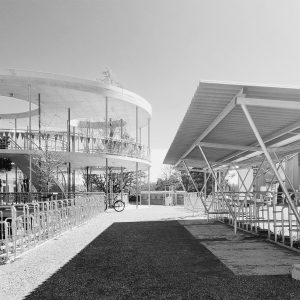London to me is like the river—it keeps moving, never still. Beneath the city lies another London. The Underground represents a kind of non-place, where strangers pass but rarely meet (Augé, 1995). In cities like London, mobility is not only spatial but also social. In this project, the underground becomes a metaphor for emotional disconnection in modern life. This project begins with a question: When the architecture of the city has shaped its underground corridors and daily flows, can invisible ties between people still be designed within these transitional spaces?
The London Underground Station bridges the everyday life above and the transit flows below, which offers more than passage with latent spatial and social potential. Among its layers, the early 20th-century stations by Leslie Green stand out as icons of London. With their oxblood red façades and tiled interiors, they marked a new age of underground travel. However, many of their spatial residues, the rooftops, the tunnels, and the in-between zones have become functionally underused or emotionally overlooked.
Green’s original flat roof design anticipated vertical expansion. While most of these infrastructure residues exist unused, they are rarely seen as sites of social potential. This contribution focuses on Chalk Farm Station, reinterpreting the station not only as a transit node but as a cultural interface—a site where strangers might pause, encounter, and momentarily belong.
Through critical analysis of spatial disconnection in contemporary urban Britain, the enduring legacy of Leslie Green, and the social context of Camden, this project proposes a new reading of the Underground, not as purely a space for transit, but as an opportunity to cultivate emotional resonance and public intimacy within the everyday city.
Bibliography
- Augé, M. (1995). Non-places: Introduction to an anthropology of supermodernity (J. Howe, Trans.). London: Verso.
- Urry, J. (2007). Mobilities. Cambridge: Polity Press.
- Xiang, B. (2020). Nihao, moshengren: Chongxin faxian lianjie yu gongtong shenghuo [You’re not a stranger: Rediscovering connection and living together]. Beijing: SDX Joint Publishing Company.



